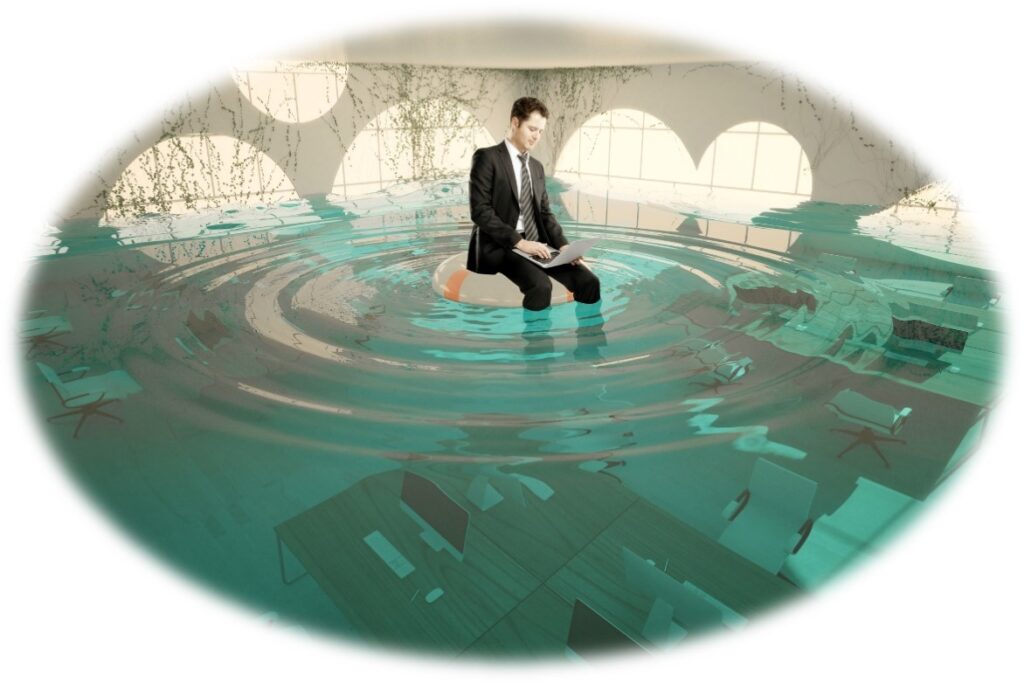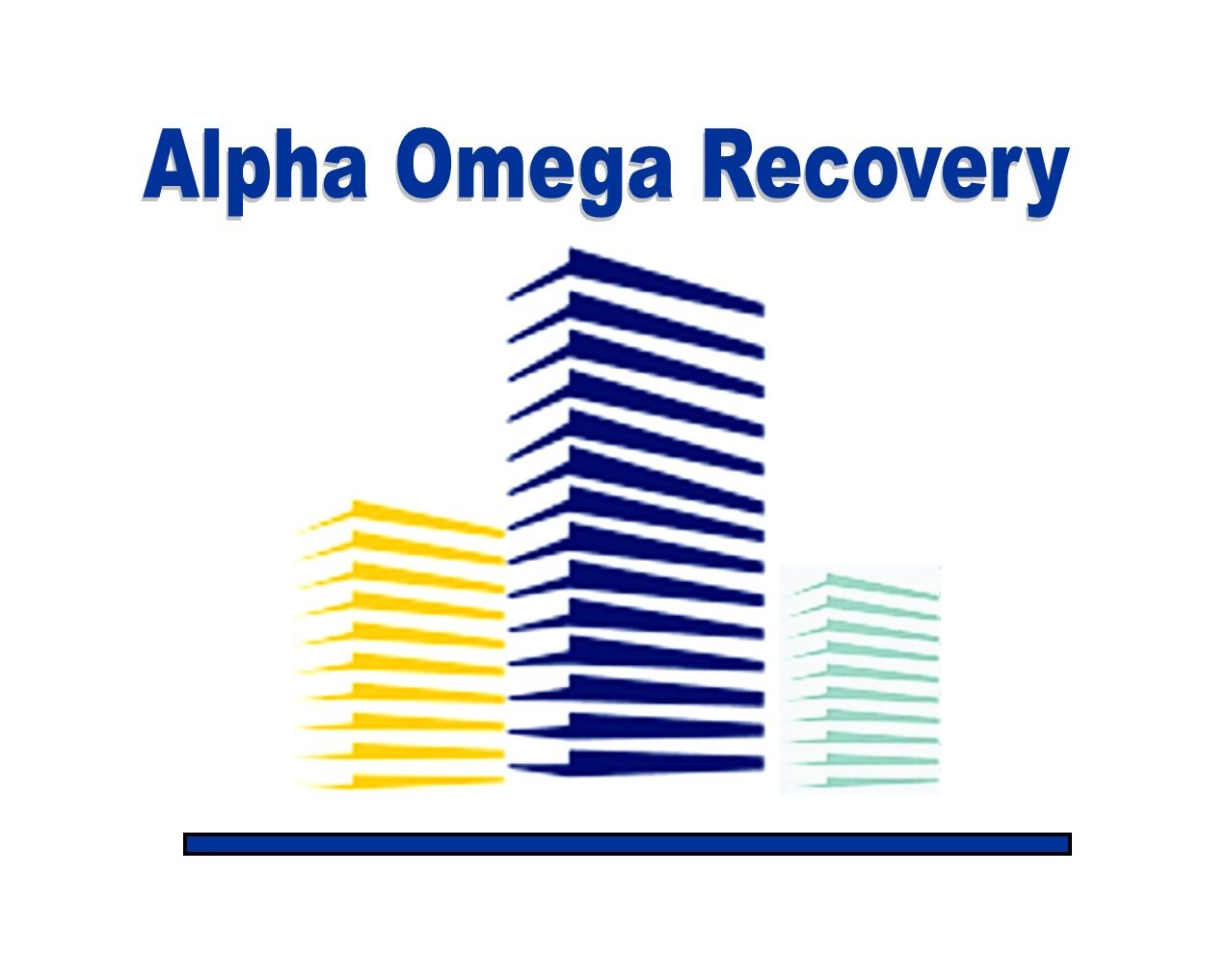Regardless of how it happens, here are 10 factors to consider when it happens.

Water damage in commercial buildings, whether caused by a broken pipe, malfunctioning sprinkler system, or human error, can have severe consequences that demand immediate mitigation efforts. The urgency to address water damage arises from a multitude of concerns, each highlighting the potential devastation and long-term impact on the building’s structure, occupants, and overall functionality.
Structural Integrity:
Water has a destructive nature, capable of compromising the structural integrity of a commercial building. When water saturates walls, ceilings, and floors, it weakens the materials, leading to warping, rotting, and even structural collapse over time. Urgent mitigation is crucial to prevent irreversible damage to the building’s framework.
Mold Growth:
Moisture provides an ideal breeding ground for mold, and commercial buildings are particularly vulnerable due to their size and complexity. Mold growth not only damages surfaces but also poses serious health risks to occupants. Swift mitigation is essential to prevent the rapid spread of mold, which can be challenging to eradicate once it takes hold.
Electrical Hazards:
Water and electricity are a dangerous combination. Water damage can expose wiring and electrical systems, increasing the risk of electrical fires and shocks. Immediate mitigation is vital to ensure the safety of occupants and prevent potential disasters caused by compromised electrical infrastructure.

Asset Protection:
Commercial buildings house valuable assets such as equipment, inventory, and documents. Water damage can result in significant financial losses if these assets are compromised. Mitigation efforts need to be swift and comprehensive to salvage as much as possible and minimize the financial impact on the business. When people’s health is compromised, you’re at extreme risk!
Business Interruption:
Water damage often leads to business interruption, disrupting normal operations and causing revenue losses. Timely mitigation is essential to expedite the restoration process and minimize downtime. A swift response can make the difference between a brief interruption and a prolonged shutdown with severe financial consequences. The last thing you need is business interruption, since recouping lost income from residents or guests not being able to stay there, even temporarily kills the bottom line.
Insurance Costs:
Delayed mitigation can impact insurance coverage and increase premiums. Insurers expect businesses to take prompt action to mitigate damage, and failure to do so may result in reduced coverage or higher premiums. Proactive mitigation not only protects the building and its contents but also helps maintain favorable insurance terms.
Health and Safety Compliance:
Water damage can compromise the health and safety of building occupants. Stagnant water can become a breeding ground for bacteria and other pathogens. Mitigation efforts must prioritize the well-being of occupants and ensure compliance with health and safety regulations, avoiding legal ramifications and potential liability.
Environmental Impact:
Unaddressed water damage can have environmental consequences, especially if contaminated water spreads into the surrounding area. Mitigation efforts should include measures to contain and properly dispose of water, preventing environmental contamination and potential legal repercussions. It may be necessary to hire an environment or certified Hygienist.
Long-Term Maintenance Costs:
If water damage is not promptly addressed, the long-term maintenance costs can escalate significantly. Materials that are not properly dried and restored will deteriorate over time, leading to more extensive and expensive repairs in the future. Timely mitigation is an investment in reducing long-term maintenance expenses.
Reputation Management:
The public perception of a commercial establishment can suffer due to water damage. A water-damaged building will convey an impression of neglect or incompetence, negatively impacting the reputation of the business. Swift and effective mitigation efforts can demonstrate a commitment to professionalism and customer well-being, helping to preserve the business’s reputation.
The urgency for water damage mitigation in commercial buildings stems from a range of concerns, involving structural integrity, health and safety, financial implications, and overall operational continuity. Proactive measures are critical to minimize the impact of water damage and ensure a swift recovery, protecting both the physical and financial well-being of the business and its occupants.
Author: Dick Wagner, Tactical Specialist with Alpha Omega Recovery

Copyright Protected© All Rights Reserved Alpha Omega Recovery, LLC
